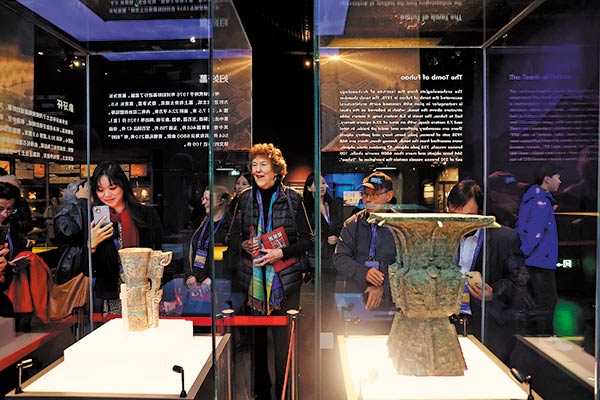

Such was the influence of the Greek philosophy on Western thinking that "people always want to see that logical thread when they approach an argument", says Mary Evelyn Tucker, senior lecturer and research scholar from Yale University.
"But that is not the only way of thinking or being human," she reflects.
One example, Tucker, who has done her fair share of study of Confucianism, gives to illustrate her point is a story from the foundational Confucian text Mencius, or Mengzi. Written by Mencius, who lived in the 4th century BC, it's a collection of dialogues and teachings that expand upon and interpret the ideas of Confucius, Mencius' intellectual predecessor.
In this particular story, Mencius observed that the trees on the Ox Mountain were once lush and beautiful, before they were repeatedly cut down for fuel and building materials. Over time, people forgot what the mountain had once looked like and assumed that it had always been barren. Yet, Mencius noted, if the cutting were to stop and the mountain left undisturbed, it would come back to life — and to its former glory — sooner than most could imagine.
For the next two millennia, the story — an evocative metaphor for how human nature can be eroded by negative influences yet still retain the potential for goodness — was revisited again and again by ancient Chinese educators. These scholars devoted themselves to uncovering the latent goodness that Confucianism believes exists within all people.
"Confucianism has a different sense of argumentation — it's not even argumentation — a different sense of education of teaching. It's by metaphor," says Tucker, who has been active in the field of environment and ecology. "The notion is that you learn from nature about your own cultivation. That's a way of knowing and learning that's much more organic, botanical and holistic. Chinese philosophy is holistic."